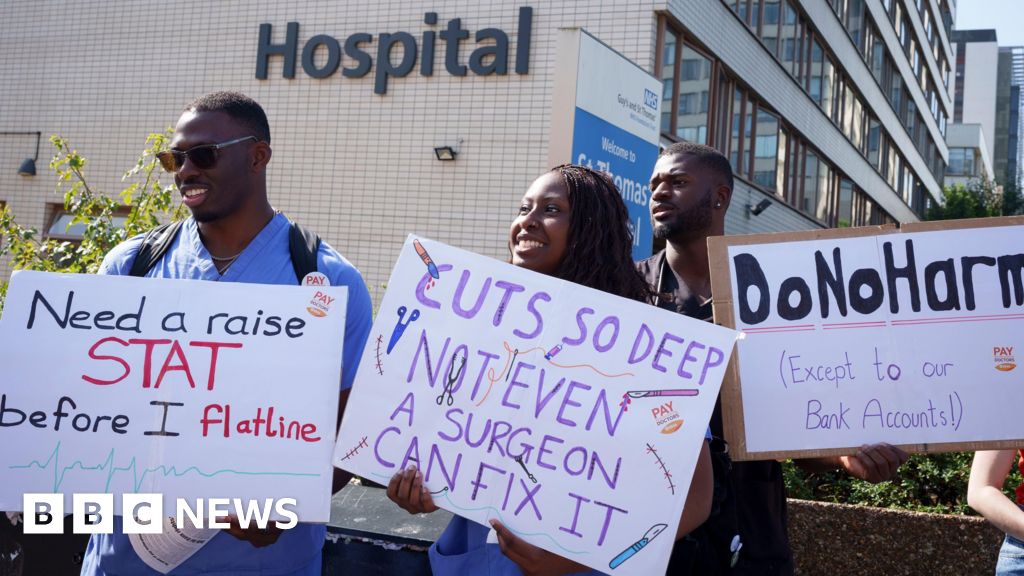The NHS is grappling with challenges during a recent five-day strike by resident doctors, following failed negotiations between the government and the British Medical Association (BMA) regarding pay and working conditions. Health Secretary Wes Street acknowledged the confusion caused by the strike but emphasized that patient services would continue as much as possible.
Despite staffing shortages, many non-emergency services are still operational, and patients are encouraged to keep their appointments unless notified otherwise. The BMA has permitted some doctors to return to work in critical areas, such as the neonatal intensive care unit, amid growing pressure.
Previous strikes led to mass cancellations of surgeries and treatments, but this time, NHS England has limited cancellations to exceptional circumstances. Only resident doctors in England are involved in this dispute, while those in Wales, Scotland, and Northern Ireland are not affected.
Resident doctors report feeling undervalued, citing a decline in their real wages over the years. The current salary for a first-year resident is approximately £38,831, rising to over £73,000 by the end of training, but many express frustration with their working conditions.
Some patients are experiencing direct effects from the strike, with concerns particularly for those requiring urgent care. The situation remains fluid, as the impact on patient services continues to unfold while negotiations appear stalled.
Source link


